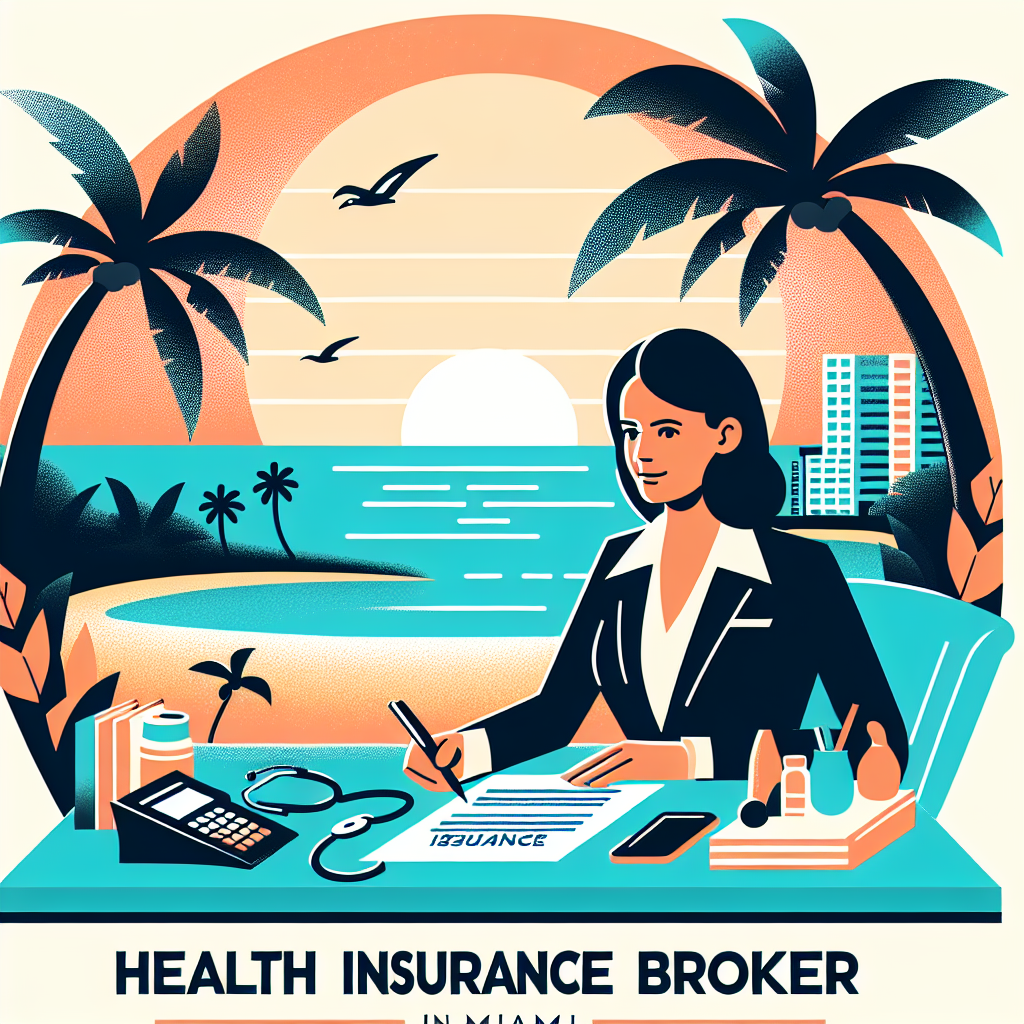Filed under Home Insurance on
Selling Car Insurance from Home: A Step-by-Step Guide

With the shift towards remote work environments, more professionals are exploring opportunities that allow them to work from the comfort of their homes. One such lucrative venture is selling car insurance from home. While traditional face-to-face meetings were once the norm, the digital age has made virtual consultations and online sales both viable and appealing. For aspiring insurance agents, understanding the nuances of this industry is pivotal.
Understanding the Basics of Car Insurance
Before diving into selling car insurance from home, it’s essential to grasp the fundamental concepts of car insurance. Car insurance is more than just a legal requirement; it's a safety net protecting vehicle owners from financial losses due to accidents, theft, or natural disasters.
Types of Car Insurance Coverage
- Liability Insurance: Covers damages to another person’s vehicle or property or their medical bills if you're at fault in an accident.
- Comprehensive Coverage: Protects against non-collision-related damages such as theft, vandalism, or natural disasters.
- Collision Coverage: Pays for damage to your car from a collision, regardless of who was at fault.
- Personal Injury Protection (PIP): Covers medical expenses for you and your passengers, no matter who is at fault.
- Uninsured/Underinsured Motorist Coverage: Provides coverage if you're involved in an accident with a driver who lacks sufficient insurance.
How to Start Selling Car Insurance from Home
Embarking on a journey to sell car insurance from home requires strategic planning, a clear understanding of the industry, and developing a robust client base.
Step 1: Obtain the Necessary Licenses
To legally sell car insurance, acquiring a state-specific insurance license is mandatory. Each state in the U.S. has its certification requirements, typically involving pre-licensing courses and passing a state exam.
- Research state requirements at the National Association of Insurance Commissioners (NAIC) website.
- Complete state-approved pre-licensing education.
- Schedule and pass the state insurance license exam.
Step 2: Select an Insurance Agency or Broker
If you're not establishing your own agency, partnering with an established insurance company or broker can provide numerous benefits, such as access to their training resources and client lists. Consider companies that offer robust support and competitive commission structures.
Step 3: Develop an Online Presence
In today’s digital age, an online presence isn’t just beneficial - it’s crucial.
- Build a Professional Website: Your website serves as the online face of your business. Ensure it’s user-friendly, visually appealing, and filled with informative content about car insurance products.
- Use Search Engine Optimization (SEO): Optimize your website with relevant keywords - such as "selling car insurance from home" - to appear in search engine results, driving organic traffic.
- Leverage Social Media: Platforms like LinkedIn, Facebook, and Instagram can be powerful tools for reaching potential clients and sharing valuable insurance insights.
Step 4: Choose the Right Tools and Technologies
Working remotely demands certain technologies to ensure efficient operation.
- Insurance Software: Platforms like Quotit or Insureio enhance the process of managing policies and client data.
- Communication Tools: Solutions such as Zoom for video meetings or Slack for instant messaging keep you connected with clients and team members.
- Customer Relationship Management (CRM): Tools like Salesforce help manage your client interactions, maintaining organized records and follow-ups.
Understanding Your Target Audience and Building Relationships
The success of selling car insurance from home can depend significantly on understanding your customer. Identify your ideal client and tailor strategies to meet their unique needs.
Understand Their Needs
Researching trends helps anticipate what clients might be looking for. Current industry shifts reveal an increasing demand for tailored insurance plans and transparency in policy terms. Knowing this, you can craft compelling proposals that resonate well with prospects.
Build Lasting Relationships
- Regular Communication: Periodically check in with clients, updating them on policy enhancements and addressing any concerns they may have.
- Offer Value-Added Services: Consider offering webinars or free resources on safe driving and vehicle maintenance. This positions you not only as a seller but as an industry expert.
- Encourage Referrals: Provide incentives for clients who refer friends or family, such as discounts on renewals.
Marketing Strategies to Boost Your Home-Based Car Insurance Business
Creating an effective marketing strategy is crucial when selling car insurance from home. A well-rounded approach enhances visibility and generates leads.
Content Marketing
- Start a Blog: Share insights on car safety, understanding insurance jargon, and other topics relevant to car owners.
- Guest Posts: Write articles for established websites in the automotive or financial sectors to reach a broader audience.
- Video Content: Create short videos explaining complex insurance concepts in layman's terms, and post them on platforms like YouTube.
Email Marketing
Email remains a powerful tool to nurture leads and existing clients. Segmentation helps target specific groups effectively.
- Newsletters: Send monthly newsletters with updates about the insurance world or any special promotions you offer.
- Automated Follow-Ups: Use automation to send a series of emails to new leads, gradually introducing them to your offerings.
Remaining Compliant and Continuing Education
Staying compliant with insurance regulations is non-negotiable for any agent. Additionally, the insurance industry is dynamic, necessitating ongoing education.
Stay Updated on Regulations
Changes in laws and regulations can directly impact your business. Subscribe to updates from the NAIC or join local insurance association groups to remain informed.
Pursue Advanced Certifications
- Consider designations like Certified Insurance Counselor (CIC) or Chartered Property Casualty Underwriter (CPCU) to bolster your expertise and marketability.
- Attend workshops and webinars to stay abreast of industry innovations and improved sales techniques.
Measuring Success and Scaling Your Business
Once your home-based car insurance business is up and running, measuring performance and considering growth strategies is vital.
Track Key Performance Indicators (KPIs)
- Sales Metrics: Track the number of policies sold and the value of premiums.
- Customer Retention Rates: Evaluate how well you’re maintaining your existing clientele.
- Lead Conversion Rates: Ensure your marketing efforts are translating into sales.
Consider Scaling Opportunities
As your business expands, think about diversifying your offerings or hiring additional support.
- Explore other types of insurance products, like homeowners or life insurance, to offer a more comprehensive service.
- Consider employing sub-agents or administrative assistants to manage increased workload effectively.
Selling car insurance from home presents an exciting opportunity to blend professional growth with the flexibility of remote work. By equipping yourself with the right knowledge, tools, and strategies, you can establish a thriving business that meets the needs of today’s insurance consumers.





